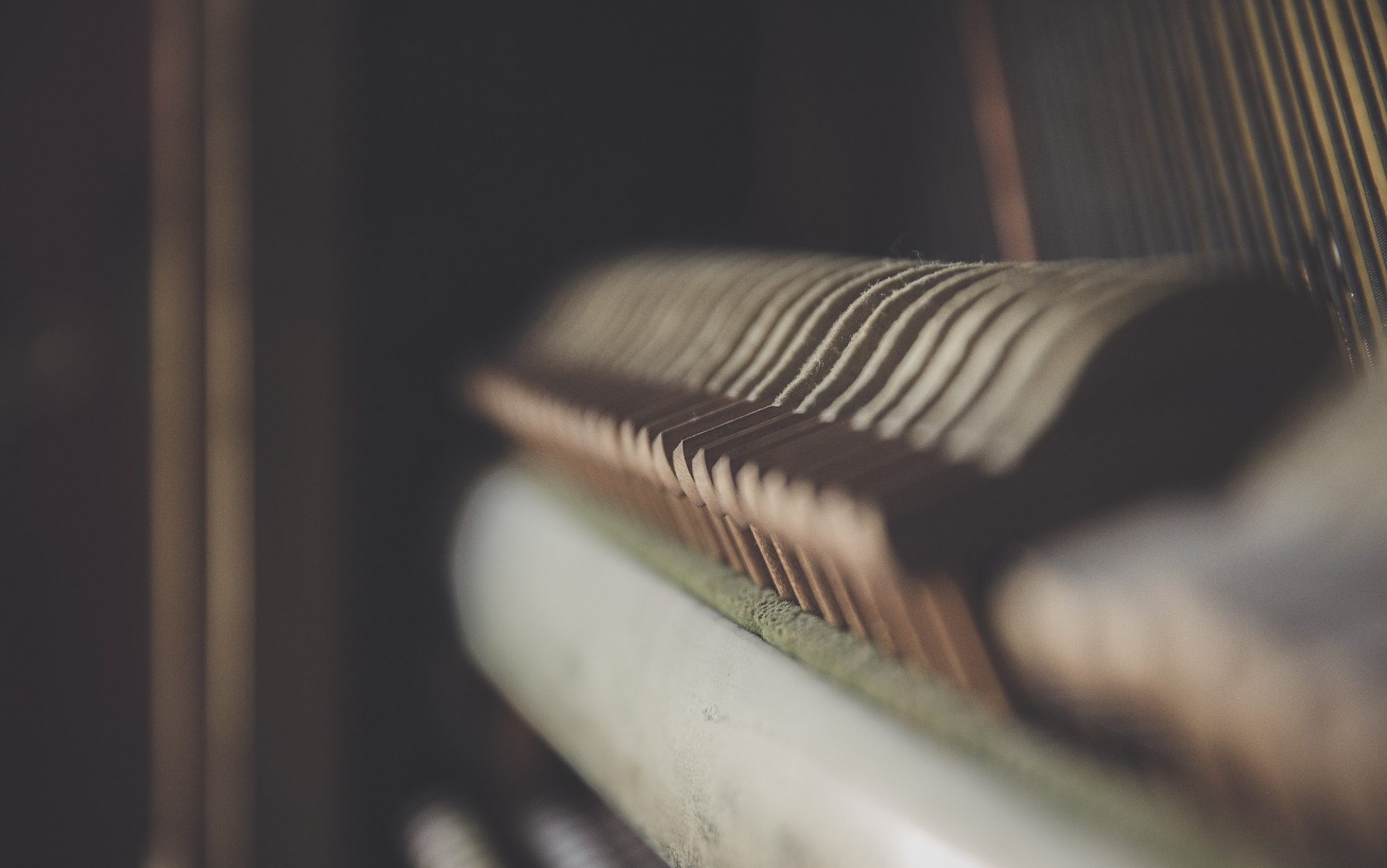Julian Loida is a Boston-based percussionist, collaborator, and curator. In September 2019, he released his first full-length studio album, which he describes as a celebration of the shy and introverted. The album features original compositions for vibraphone, piano, other percussion instruments, and ambient vocals. In this episode, we discuss Loida’s development as a musician, his past projects, and specifics around crafting a ten-track album of new works.
The music heard in this episode:
“Silver Lacquer”
“Absent”
Partita No. 2 in C minor (Bach) played by Glenn Gould
“You Will Be Missed”
“Wisterian-Hysteria”
“Ashé”
Julian’s website: http://www.julianloida.com/
My website: http://www.kyledjohnson.com/
Podcast: Play in new window | Download
